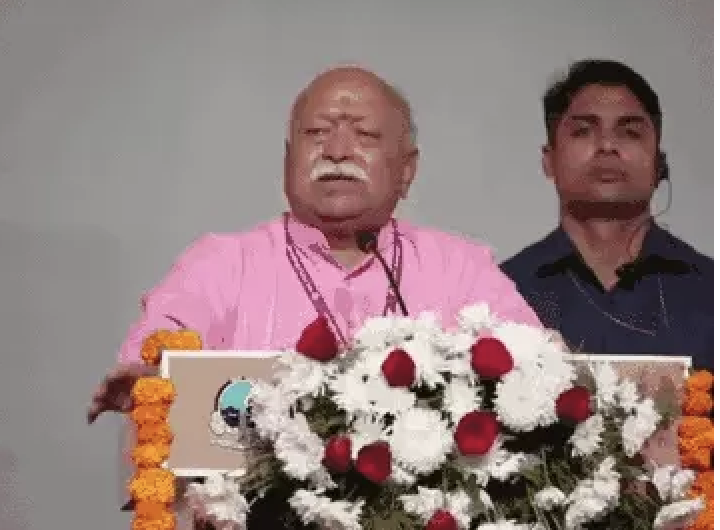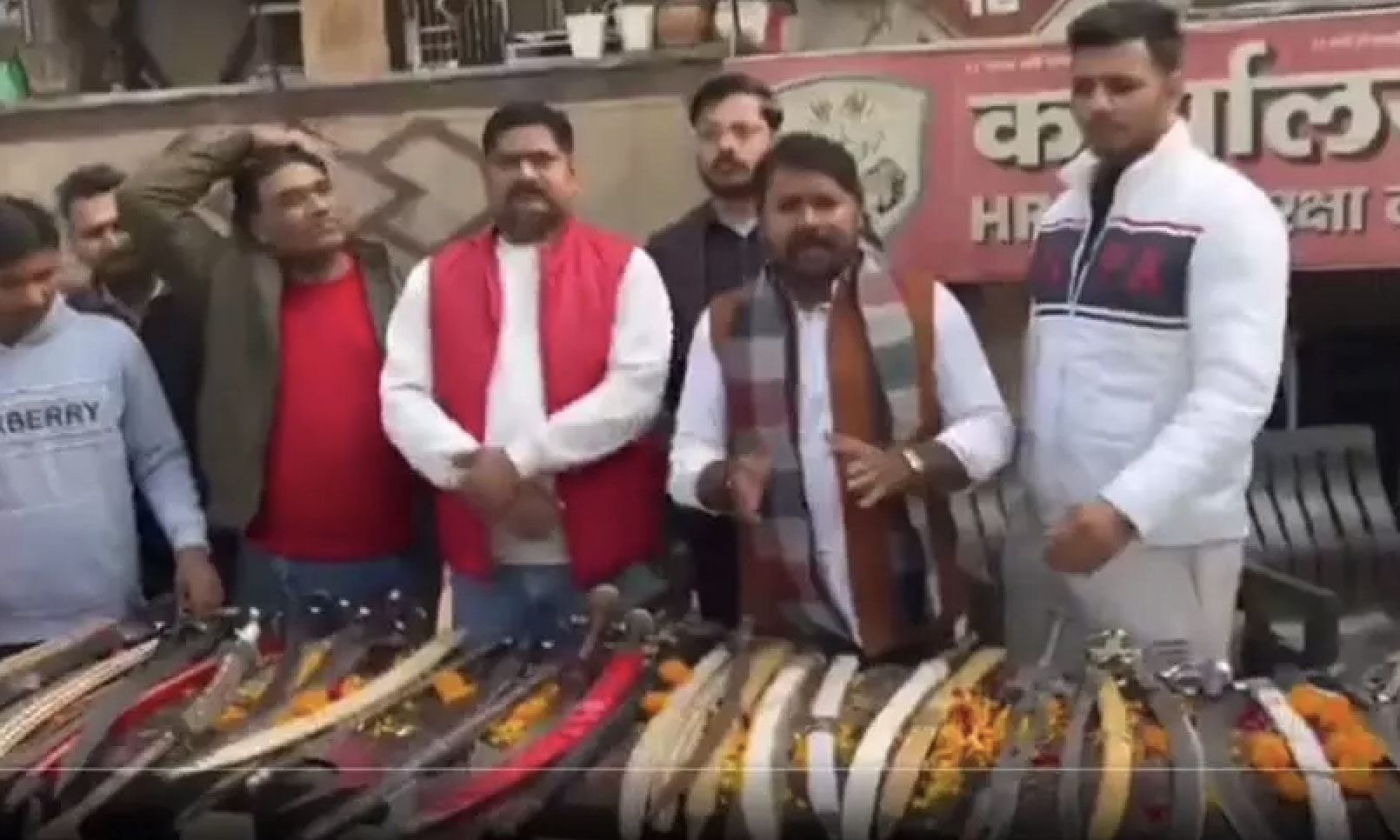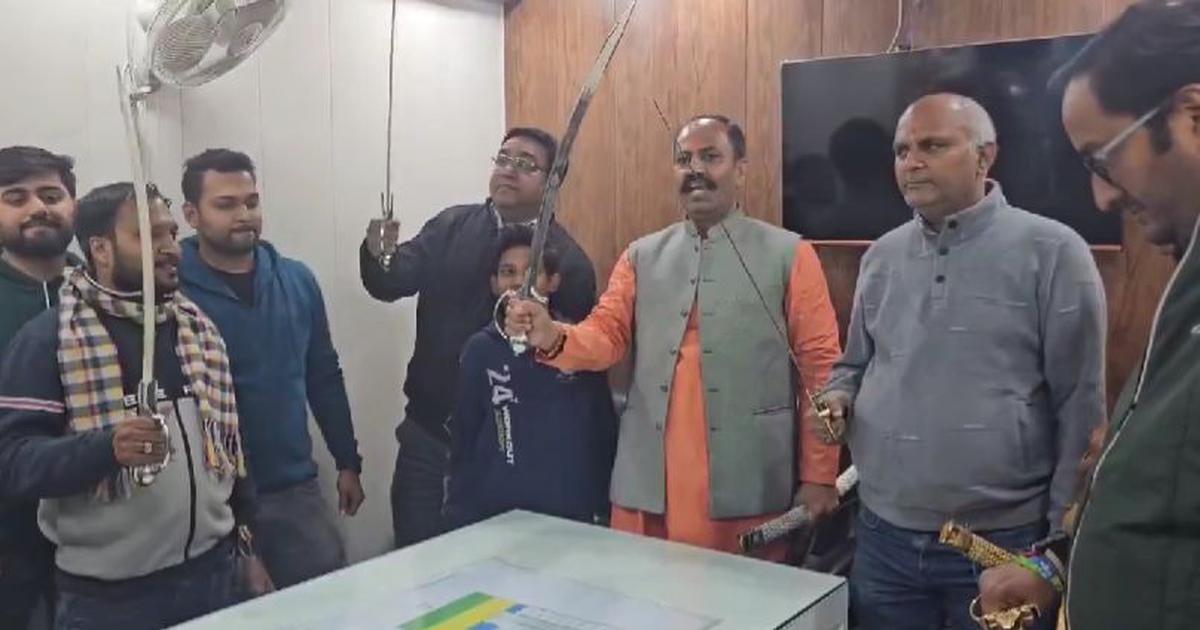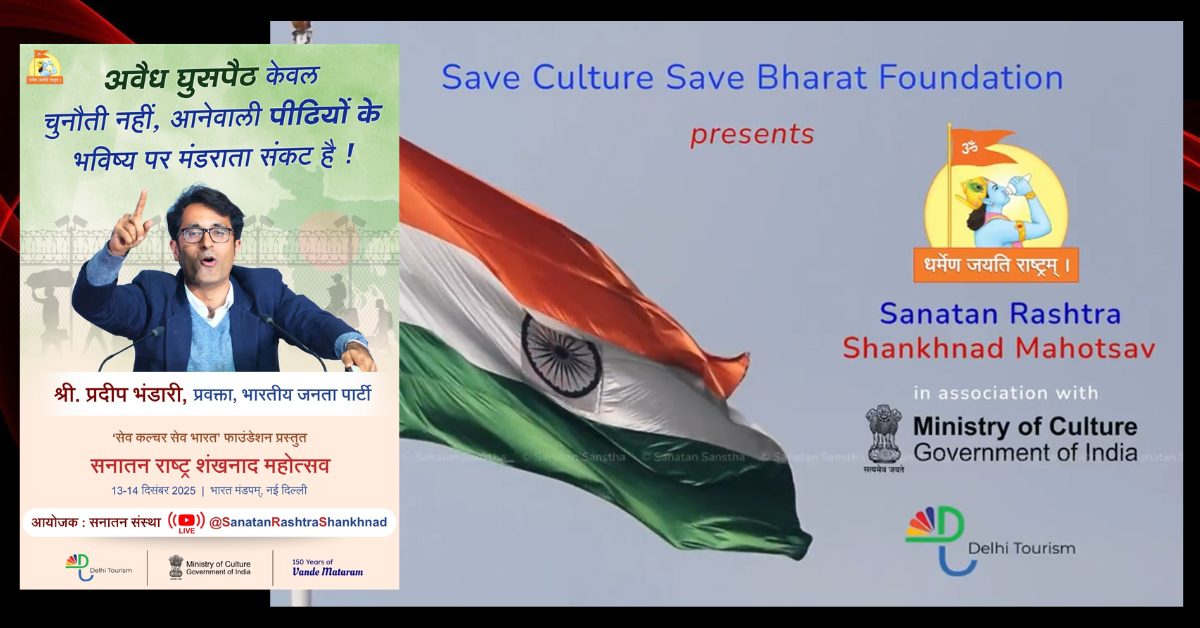Some opposition candidates have claimed they have withdrawn under pressure. Other nominations have been rejected. But the result is the same: An effective no-contest, with the BJP the beneficiary.
New Delhi, India – Prince Patel cancelled his vacation plans after the dates were announced for India’s ongoing weeks-long elections. The 61-year-old retired engineer said he had waited patiently for five years to cast his vote in Surat, India’s diamond hub in the western Indian state of Gujarat, “to give my referendum against the policy failures of [Prime Minister Narendra Modi’s] government”.
But when the May 7 date arrived for the city to vote along with 92 other constituencies in the third phase of India’s election, there were no polling booths set up in Surat.
Two weeks earlier, the Election Commission of India (ECI) had already called the seat in favour of Modi’s Bharatiya Janata Party (BJP) after cancelling the nominations of the opposition Congress party’s candidate and five others. The eight remaining candidates all withdrew.
Patel said he was devastated. He had voted for the BJP in 2014, lifted by Modi’s promises of “acche din” (good days). But by 2019, disenchantment had set in. Unemployment and price rise are some of his biggest worries, he said – sentiments that mirror recent opinion polls.
“I would rather vote for a pigeon than choose the BJP,” he said. “My children have graduated but there are no jobs.”
Yet, Surat is only the most extreme example of a peculiar phenomenon that is playing out in multiple constituencies across India: opposition candidates dropping out, joining the ruling BJP or alleging threats to their lives. Even as the BJP has denied any foul play, opposition candidates claim these instances are evidence of an uneven political playing field.
This story was originally published in aljazeera.com. Read the full story here.






